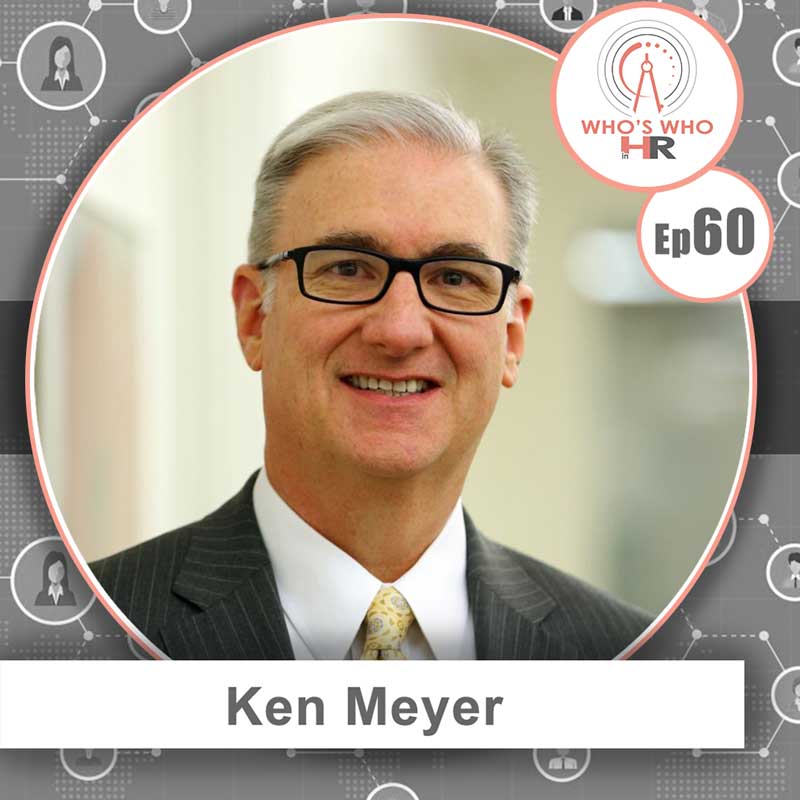Kenneth W. Meyer, SHRM-SCP, SPHR, is currently Chief Human Resources Officer/VP, Human Resources for a Federally Qualified Health Center providing Primary Care, Behavioral Health, and Care Coordination to the underserved populations of New York City.
He is an accomplished HR professional experienced in all areas of HR Management.
Ken has spent his career working in the healthcare field and started his career in HR in 1986. He has an MS-Industrial and Labor Relations from Cornell University & Bernard M. Baruch College and BA-Economics from Herbert H. Lehman College, he’s a Member of the Beta Gamma Sigma and Golden Key National Honor Societies and holds SHRM-SCP and SPHR certifications. He is also the President-Elect for New York City SHRM, the longest-existing local chapter of the Society for Human Resource Management, and has served on its Board of Directors as its Board Secretary and as Board Director.
He was a recipient of the Lifetime Ambassador of Laughter Award from the Gotham Comedy Foundation and was a long-time volunteer with his local Little League, the North Riverdale Baseball League.
More from Ken…
Making sure your people are taken care of can be a big task for an HR manager. Ken explains that coming into any situation with empathy and understanding can help employees get back to the place where they are productive and happy.
“How I take care of it was… first is through coaching my managers. I understand that… stuff’s got to get done, don’t get me wrong. I mean, that’s why we’re here. We’re here to work. That being said, though, before you’re ready to have that sit down with the employee because something may go wrong, right, or something like that… take a deep breath. Take it easy. We’re in an environment that nobody has ever been in before. Take a deep breath. Take a look at what other struggles this person is having.
Instead of dropping discipline on the person, let’s try and coach the person to performing, find out what is going on. And you know what? The 10 other people who report to you might have the same stuff going on, but you know what, they may be a little stronger than this person. So therefore, they may need some additional help. The bottom line is that you need to have to get to a level that they’re productive and they’re feeling productive and they’re not doing that at the cost of their own health, their family’s health. So that’s one way I do it.
The second way is dealing directly with employees and employee issues and making sure you’re administering your practices and things like that. Because during a time like this, are some people going to take advantage? I would like to think no, but I’m also not that naïve. Maybe there will be but you know what? Just realize that yes, that is going to happen. You can’t look at all your other people through the one or two people who may be taken advantage. That’s the worst mistake you can make. That’s one of the biggest mistakes you can always make.”









